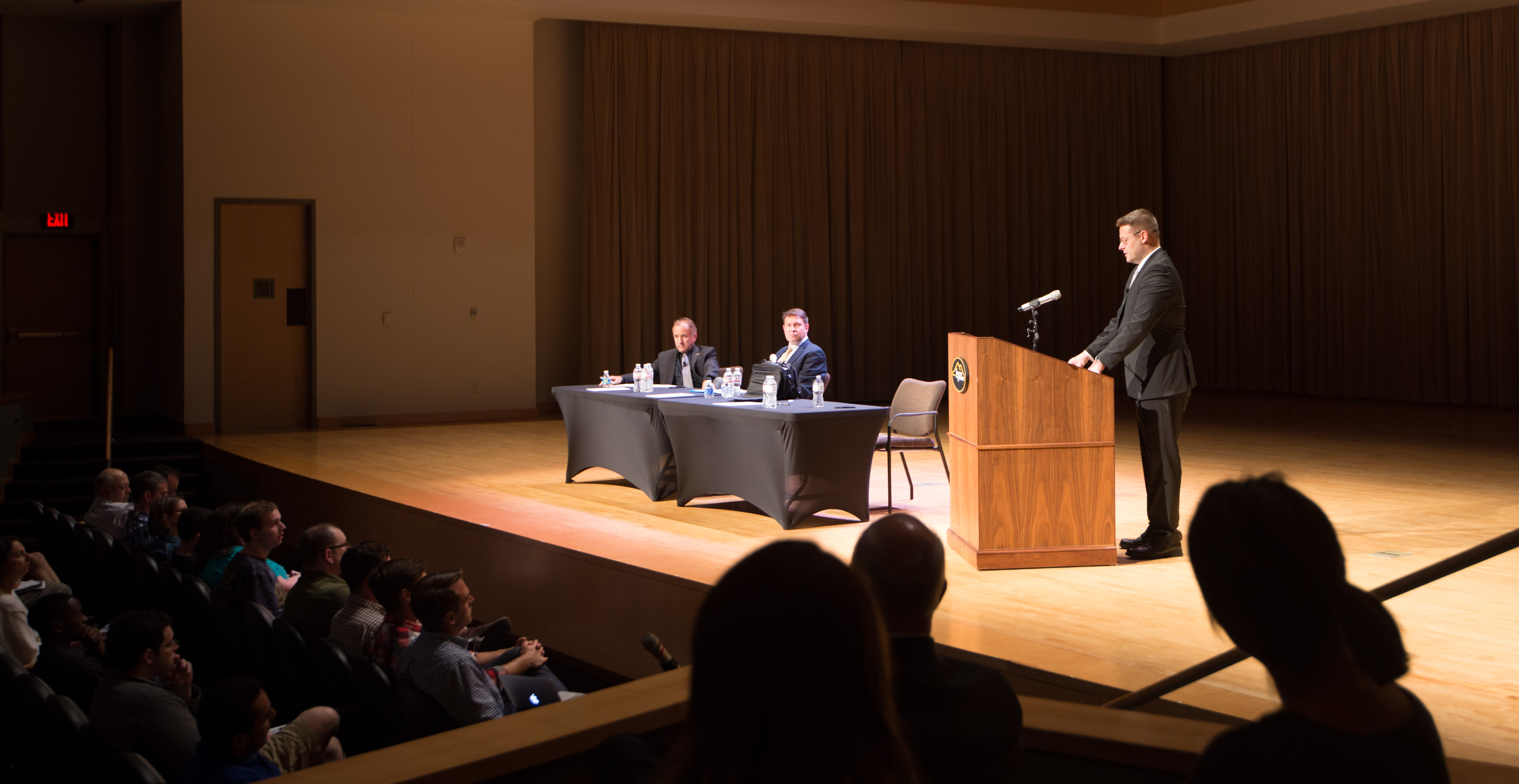In times of warfare, surveillance, and games of “I spy” masked with sophisticated, professional titles, the use of military drones has been instrumental to the U.S. Army and reaps both benefits and rewards. This nation has been infamous for putting spins on concepts that are typically thought of as the traditional and correct way of doing things, but can we count on Uncle Sam to turn the topic of combat into one of civilian right? Of course we can.
Drones, or unmanned aerial vehicles (UAVs), are not usually associated with civilian matters, local police forces or even personal privacy for that matter, but as of recently, this association has become more inevitable than ever before. Privacy concerns always seem to stir up controversy among those affected and those who are simply bystanders. Most individuals expect some level of privacy and with the rapid pace of the continuously changing aspects of media, it is nearly impossible.
According to an article by New York Daily News, Mayor Bloomberg acknowledged that the NYPD will soon be using surveillance cameras in the air and on almost every corner.
“We’re going to have more visibility and less privacy… I just don’t see how you could stop that because we’re going to have them,” said Bloomberg in the article.
In accordance with that report, is has also been documented that the New York Civil Liberties Union has 2,400 surveillance cameras “watching” public areas – and that’s only in Manhattan. Many Libertarians have responded contemptuously to the reality of these security measures, but as the issue of safety has risen to another level – even to the possibility of having face recognition programs enabled for these drones, as stated by Bloomberg, – decreasing surveillance measures seems far-fetched.
I have always been one to stay out of the government discussions — although I like to be informed — unless someone specifically asked me for my input, but the topic of military drones has intrigued me because of the fact that it’s not so “military” anymore. This idea is progressively becoming equal with the usage of security cameras. I, like many others, value privacy rights. Even the most outgoing people can admit to needing their personal time. With the introduction of this new era of old technology, the ability to successfully stand up for those rights is diminishing, because all of these intrusions are done in the name of protection. We want to be safe and that is the same reasoning behind keeping our mouths shut in the midst of our uneasiness. I appreciate the extra safety boost, but I fear the likelihood of being violated through too much surveillance.
It would seem that living in the “land of the free” is an idea of the past if there is constant monitoring by robotic instruments in the air. However, despite the off-putting aspects of this innovation, more positive reasoning behind the establishment of civilian- friendly drones does exist.
The Federal Aviation Administration has issued certificates for the commercial use of two types of UAVs — the Scan Eagle and the PUMA. According to its website, “[p] lans for the initial ship-launched flights include surveys of ocean ice floes and migrating whales in Arctic oil exploration areas. The PUMA is expected to support emergency response crews for oil spill monitoring and wildlife surveillance…”
With the motive in the initial introduction of these devices being to save lives and not to merely take snapshots of civilians, regardless of their history with the law, this doesn’t appear to be worth the negative critique that it has been given. With every new idea comes new assessment. This particular situation has brought forth mixed opinions, not all of which are based on facts. In light of the privacy issue concerning drones, NBC News reported several accounts of incidents relating to amateur drones, including a groom getting hit in the head by a photographer’s “quadcopter.” The resolution that some aircraft experts find appropriate in keeping the airways safe is through requiring a license to operate and a form of training.
There is an expectancy of differing opinions, solutions and reasoning behind why an issue deserves the time of day, but it all boils down to moderation. Regardless of how much someone rants about disliking the security measures being taken domestically or abroad, these measures will likely occur. We can only hope that they do so in accordance with the majority conviction, which is unfortunately prone to bouts of inconsistency.
Tori-Ann Hall, Freshman
Communication Major

